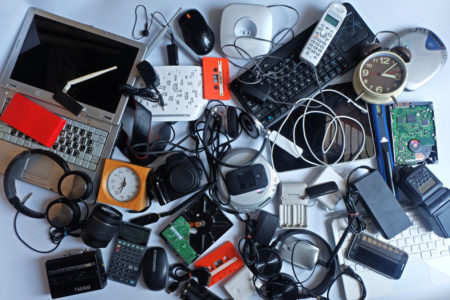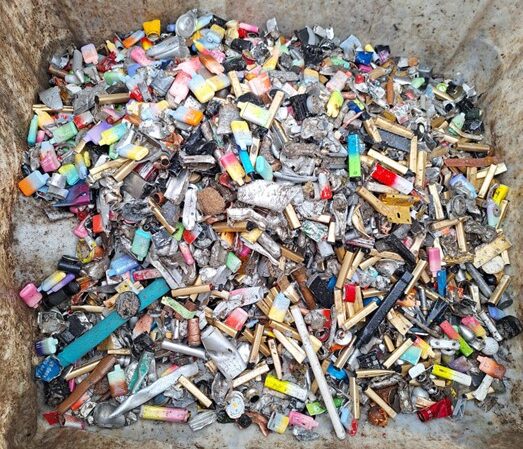Matching, also known as allocation, refers to an administrative process used across Europe that instructs producer compliance schemes to collect WEEE from various sources at a level equivalent to their producer members’ combined market share.
The not-for-profit organisation says the research will “support” Defra’s upcoming consultation on the UK’s WEEE regulations, which is expected in June (see letsrecycle.com story).
It is an alternative to the current approach in the UK, where compliance schemes competitively tender for access to some or all designated collection facilities.
Conducted by consultancy Oakdene Hollins with the support of the WEEE Forum international trade association, the research suggests matching could remove the “economic distortions” that arise from the current approach due to the differences in the nature and costs of collecting WEEE from designated collection facilities across the UK.
While matching would not in itself increase WEEE collections, Material Focus says, it could be a foundation for wider reforms to the UK WEEE system.
Scott Butler, executive director of Material Focus, said: “We hope [this research] will help inform stakeholders as they develop their responses to the upcoming and eagerly awaited Defra consultation on the UK WEEE system.”
Funded by the WEEE compliance fee, Material Focus runs the UK-wide Recycle Your Electricals campaign.
‘Worthy of consideration’
Louise Grantham, chief executive of compliance scheme REPIC, welcomed the publication of the research.

She told letsrecycle.com: “The report’s findings show that a matching approach is worthy of further consideration.
“We are aware that other European countries have successfully operated matching systems, and whilst we recognise that their WEEE systems may be different to the UK there are likely to be aspects of their approaches that could be of benefit to many stakeholders in the UK system.
“We should explore these with an open mind as we consider the wider reforms to the UK WEEE system.”
Matching
Oakdene Hollins’ research explored how matching works in other European countries, including Austria, Denmark, France, Germany, Ireland, Italy, Norway, Slovenia, Spain, and Sweden, as well as Illinois in the United States.

Material Focus says that, with many producer compliance schemes operating in the UK, matching would mean that resources currently focused on competing for access to WEEE could be freed up and redirected towards “more productive and progressive activities”.
Matching would ensure that all producer compliance schemes have access to their member’s market share of collected WEEE from across the UK, Material Focus says.
It could also require all producer compliance schemes to “actually collect and recycle” WEEE and reduce the use of evidence purchases, Material Focus adds.
Europe
Vivian Shi, the report’s author at Oakdene Hollins, said: “Interviewees from other European countries that have a matching approach broadly agreed that, when designed and enforced appropriately to their countries’ contexts, matching has created a harmonised and stable system, and a level playing field for competition.
“This has allowed for more efficient and productive use of resources for producer compliance scheme improvement and innovation.”
Related link
A UK WEEE matching system: a feasibility study










Subscribe for free